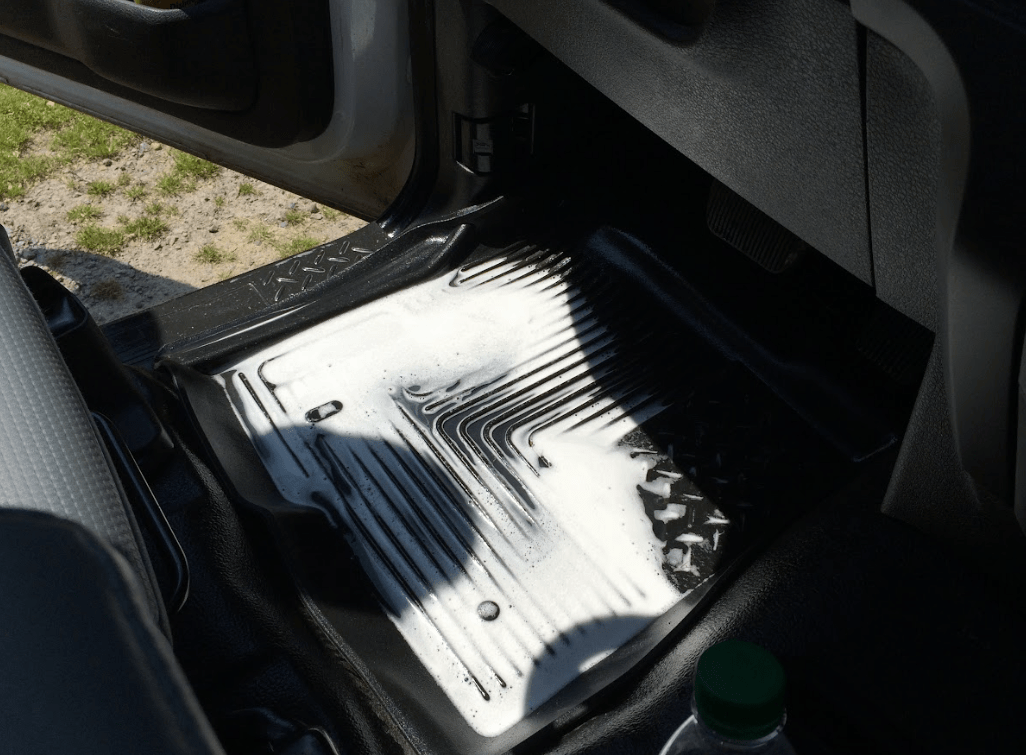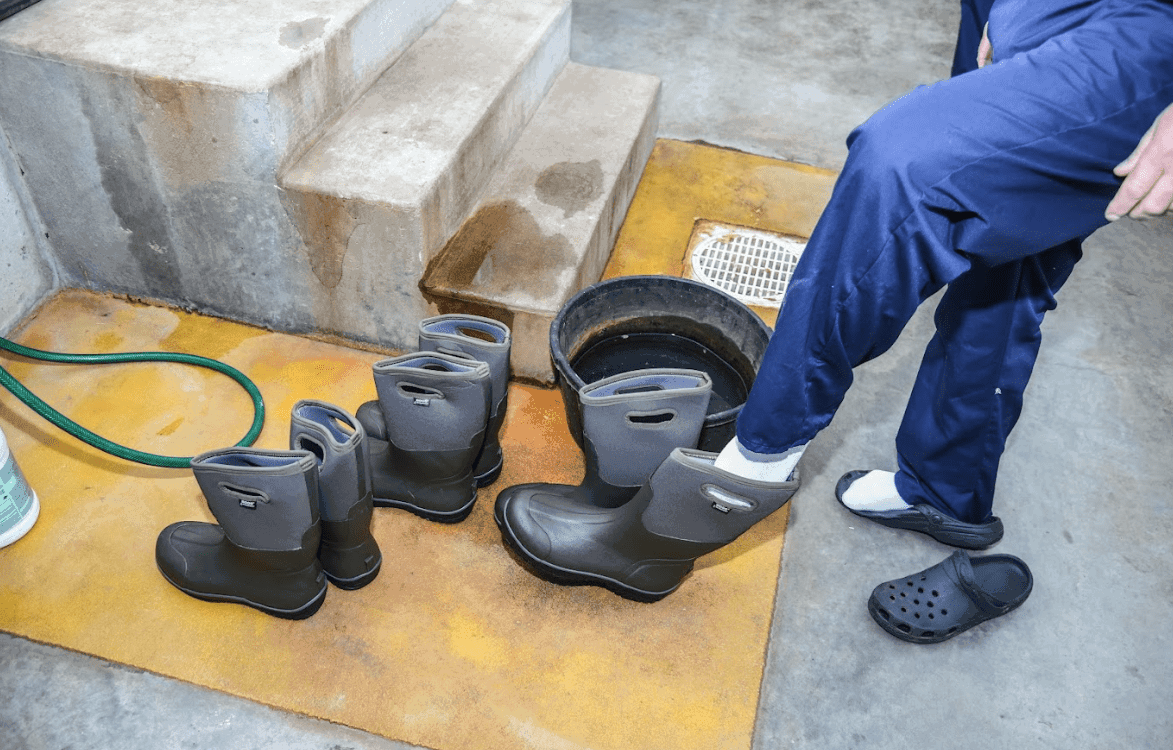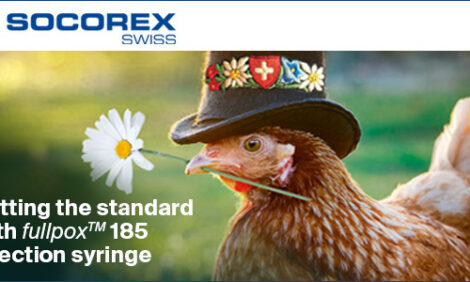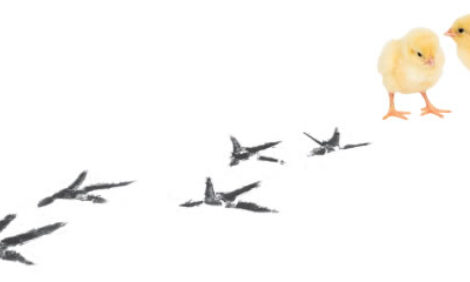



Biosecurity basics
14 basic rules for good biosecurityThee COVID-19 pandemic exposed the vulnerability of supply chains in all industries including agriculture. Like COVID-19, the latest highly pathogenic avian influenza is a threat to the poultry production chain. Given that one pedigree hen may produce 4 million progeny, the loss of breeding stock can have a cascading effect and cause high economic losses.
The following list is not comprehensive but gives the basic rules of good biosecurity. For a full description of a good biosecurity program, download our
Breeder Guide at: https://www.cobb-vantress.com/...
Biosecurity Basics
- Follow the age rule: Always visit youngest birds before older birds and should never go the other way.
- Always keep a logbook of who is entering the farm with:
- Full name
- Last time and location they had contact with poultry
- Date and reason for the visit
- If the flock last visited was sick
- Limit all vehicular traffic onto a farm. Have a vehicle dedicated to the farm if needed. If a vehicle must enter the farm, it should be washed and disinfected prior to entering. Always wash and disinfect tires, foot pedals, steering wheel, seats and floors of vehicles entering the farm using a combination of wet disinfection by sprayer, aerosol sprays (e.g., Lysol) and disinfectant wipes.
- Always wear shoe covers, coveralls, hair nets and gloves, and remove all personal items (such as phones, wallet, keys, etc.) to ensure that the flock will not be exposed to disease agents.
- Having dedicated farm footwear — and even footwear dedicated to a specific house — is a simple step to keep infectious agents out.
- Always use foot baths and hand sanitizer at specific points of entry before having bird Contact. For example at first entry point into the house and again at entry into the birds.
- Always have biosecurity procedures posted, but more importantly be sure all personnel and growers have been trained and understand the procedures and policies.
- Always keep biosecurity signs clearly posted to restrict visitors on the farm.
- Be cautious of local gathering places for growers, such as restaurants, coffee and hairdressing shops. These can be sources of cross-contamination.
- Growers and farm caretakers must avoid contact with other avian species (e.g., pet/farm stores selling chicks, county fairs and bird hunting)
- It is not recommended to share equipment between farms, especially when birds are present.
- Always maintain effective pest control measures, particularly for rodents, flies and litter beetles.
- Do not allow pets, livestock, wild animals or wild birds to enter houses.
- Always keep doors to houses locked.
It is vital to follow a good biosecurity program to keep flocks safe. By practicing these biosecurity proceduresevery day, the possibility of disease is reduced. Biosecurity is considered a required investment and may be the only method of controlling diseases when treatment and/or vaccination are not options. People are considered the single most important source of diseases to a farm. As such, each employee must place importance on effective biosecurity.












